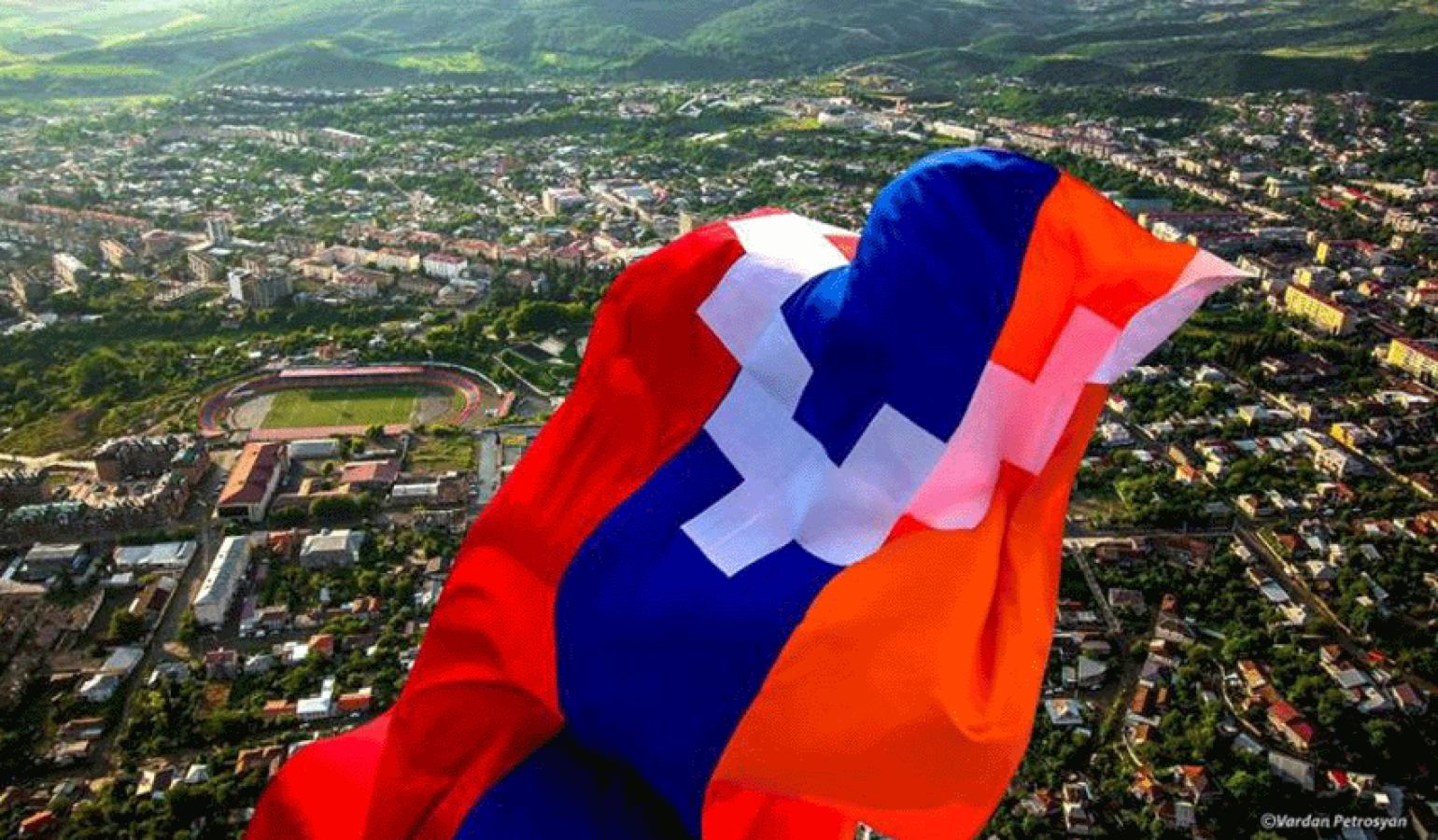
Recently, the processes initiated by Azerbaijan at the state level directly endanger the legal protection of property belonging to the Artsakh Armenians. In this regard, Siranush Sahakyan, head of the "International and Comparative Law Center," answered Medialab's questions. "From our study of the Azerbaijani press, we conclude that the process of property nationalization is not only envisioned but also planned with concrete steps. Azerbaijan simply aims to nationalize, and then reallocate the property of Armenians among Azerbaijanis, merely attempting to organize the process in such a way as to subsequently minimize judicial acts or their impact. This approach is highly consistent with Turkish policy, both during the Armenian Genocide and in subsequent times, when Armenians were dispossessed, then genocided, and their property taken to repay state obligations. This modus operandi is also applicable elsewhere, as we know from the example of Cyprus, where the properties of the local population were also nationalized and reallocated among Turks," Sahakyan notes.
According to her, the right to property is protected by Article 1 of the Protocol to the European Convention on Human Rights. This means that not only legally registered property but also de facto possessed property can have legal protection. Sahakyan estimates that Azerbaijan is trying to prevent future lawsuits or maximally weaken their impact by legally framing the property nationalization process in a way that will later help avoid international judicial obligations.
The protection of the property rights of Artsakh Armenians is currently possible through legal means, but this requires clarity and consistency of actions at both state and individual levels. "The violation of the right to property is continuous and does not cease until the person has had unimpeded access to their territory and exercised the owner's prerogatives.
To formally cease this continuity, Azerbaijan will try to terminate the right or refuse to recognize property rights at the legislative level, based on the reasoning that these properties were not registered in the archives of Soviet Azerbaijan, and the registries of the Artsakh Republic, as registries of an unrecognized state, have no legal force, and legal protection of properties cannot be granted on their basis. This approach, however, is not acceptable in international judicial bodies, therefore Artsakh Armenians must be consistent in filing property claims," Sahakyan states.
According to the human rights defender, the consequence of inaction could be the de facto loss of rights. If the Republic of Armenia refuses interstate complaints, then individual citizens must immediately apply to the European Court of Human Rights not to lose that opportunity.
Sahakyan also presented successful precedents where individuals in similar situations were able to restore their property rights. "The case of 'Cyprus v. Turkey,' as well as the case of 'Sargsyan and others v. Azerbaijan,' where individuals displaced from Shahumyan pursued the protection of their property rights. The Court here provided certain compensation for material and moral damages incurred but also obliged the situation to be rectified, restored to its previous state, meaning it demanded that Azerbaijan create a mechanism to organize the return of displaced Armenians and provide the opportunity to exercise their property rights," the human rights defender emphasized.
According to her, this process is currently under the supervision of the Committee of Ministers, and Azerbaijan is delaying it, turning it into a political and negotiation element, "but let's just record that legally, the possibility exists, it has been effectively used, and it remains to achieve the full execution of these acts. New victims should raise the issue of Azerbaijan's responsibility for violating property rights with the same approaches," Sahakyan concluded.